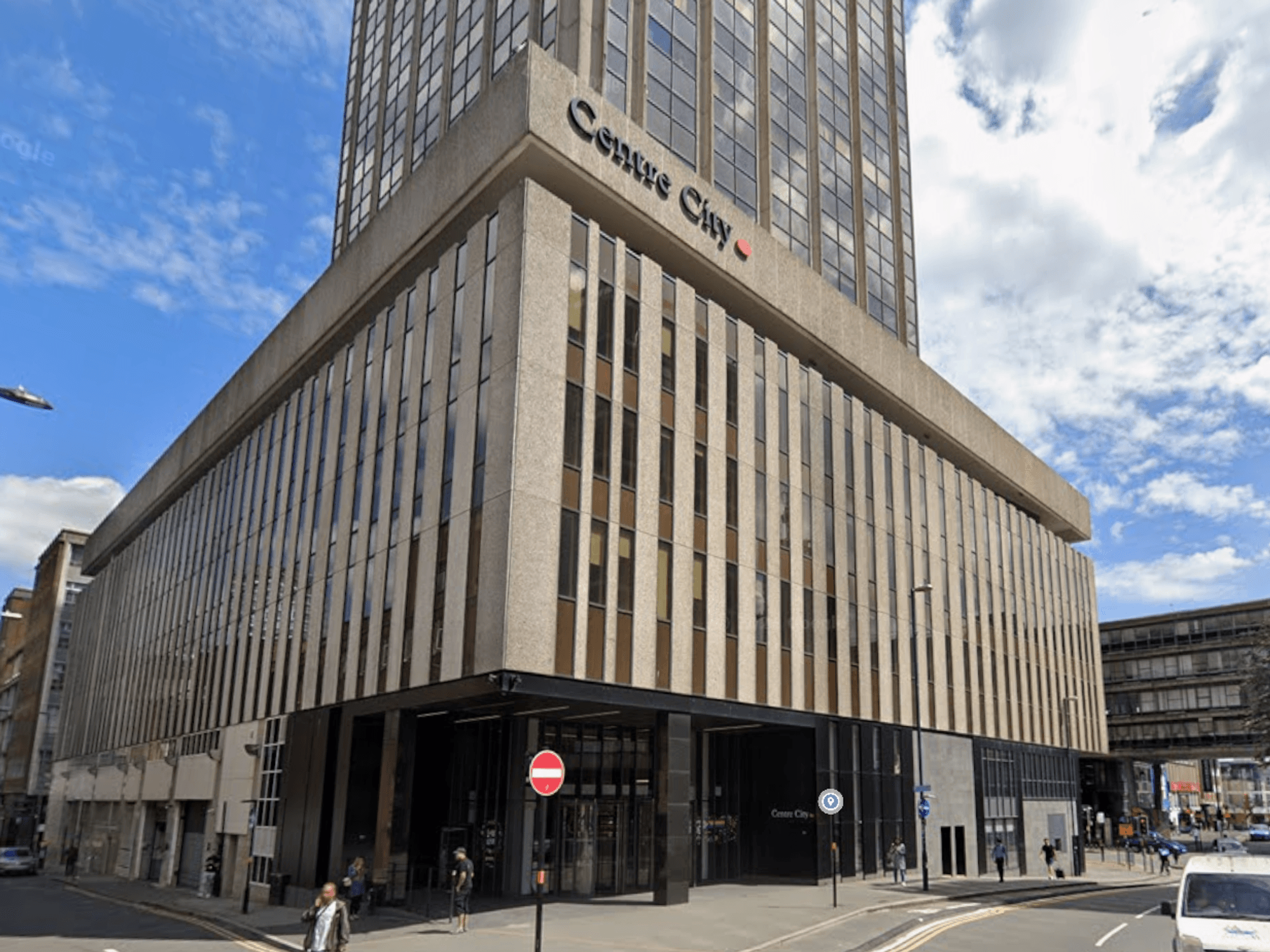Hungary has one important lesson to teach Britain and its not on immigration - Miriam Cates

Miriam Cates on a Hampshire school cancelling Easter |
GB News
OPINION: GB News presenter Miriam Cates has championed Eastern European nations policies
Don't Miss
Most Read
As a teenager I went on a school trip to the Czech Republic. It was 1997, just six years after the end of the cold war and the visit was a memorable experience, not least thanks to the 24 hour coach journey from Sheffield and the 10 pence pints of beer in Prague.
We stayed with Czech school pupils and their families in their Soviet era concrete apartments and had stilted conversations; their second language was Russian and we of course spoke no Czech. It was a wonderful country but noticeably and substantially poorer than the UK. The cars were old, the trains were pre-war and there was so much less in the way of material wealth.

Leader of Hungary Victor Orban is more nationalist in his policies
|GETTY
Fast forward a quarter of a century and central and eastern European countries have undergone a remarkable economic transformation. Over the last few years, I have visited various countries in the former Soviet Bloc and in every town and city my experience has been the same; clean and safe streets, modern transport, bustling shops, and visibly more prosperity than most parts of the UK.
Most recently I visited Budapest earlier this week for an international conference on demography and again I was blown away—a beautiful, clean, safe city with no obvious homelessness or antisocial behaviour.
In just 30 years, countries like Hungary, Poland, Croatia and the Czech Republic have transitioned from the horrors of Communism (and before that, Nazi occupation) into modern, developed economies. And quite frankly they put Britain to shame. Arriving back at Stansted on Thursday was a deflating experience.
Of course, the former Eastern bloc countries have received substantial investment from the European Union. But they have also learned from our mistakes, in particular by imposing tight restrictions on non-EU immigration. Mass immigration has not only put Britain’s economy under enormous strain, but it has also increased crime, decreased social cohesion and shattered our sense of common national identity. No wonder other countries are so determined not to make the same mistakes.
Hungary in particular is paying a heavy price for its commitment to border security. In punishment for building security fences to safeguard the country’s borders, the EU has imposed a daily fine of one million euros on the Budapest government. Despite this exorbitant penalty, Hungarian Minister Balázs Orbán told the Danube Institute think tank on Tuesday that it was worth every cent to protect his country’s sovereignty.
While I was in Budapest, I lost count of the number of times I was asked by other delegates “what on earth is going on in Britain?” Whether from other European countries or the United States, international opinion sees the United Kingdom as a nation on the brink, unable to secure its borders, undermined by mass immigration, humiliated by grooming gangs and swamped with debt.
There was no sense that our allies are gloating over this sorry state of affairs; rather they are saddened to see the country they once admired now seemingly on its knees.
If Britain is to reverse its decline, we would do well to follow the example of countries like Hungary. Of course, high profile policies like building giant border fences would not translate directly into the British context, but we can learn from the principles behind them.
Why do many Central and Eastern European countries have such strict immigration policies? At the superficial level of course, it is to keep people out, but the underlying reason for this is that countries like Hungary and Poland take security and national sovereignty seriously. They are rightly proud of their culture, their language and their heritage and they want to preserve it for future generations.
And this is where it all went wrong for Britain. Long before the record levels of immigration of the last decade, we became complacent about maintaining and defending British culture. Perhaps because, as an Island nation our borders have never been under threat—we have never been invaded, occupied, or threatened with annihilation—we assumed that our culture would maintain itself.
Since the 1970s, we increasingly adopted American culture and commerce and lost local distinctiveness. We have sold off our national assets to the Chinese, the French and anyone else who wanted to help plug our trade deficits.
Most British high streets today, unlike our European neighbours—are just row upon row of bland international chain stores. We no longer have any national dress or national festivals. Schools make insufficient effort to teach children our national story, instead indoctrinating them with lies such as ‘diversity is our strength.’
And we seem completely unconcerned about the fact that so few babies are being born in Britain that each generation will be a third smaller than the one before.
That means that a group of 100 British people alive today will have just 44 grandchildren between them. Yet few of our political leaders are aware of this fact, let alone interested in doing anything about it. Last year Prime Minister Sir Keir Starmer just laughed when asked if he was concerned about Britain’s declining birthrate.
Low birthrates are already causing stagnation and shortages in our economy, but in future they threaten the very concept of Britain as a nation, especially if we continue to plug the gaps by importing people from completely different cultures. Yet we are sleepwalking into this disaster, unwilling even to talk about the issue.
Compare this with Hungary, where the Government has declared the nation a ‘family friendly’ country and implemented a wide range of generous policies designed to make it easier and cheaper for young couples to get married, buy houses and have children. The Hungarians started from the lowest fertility rate in Europe but the early signs are good; birth rates and marriages have both increased despite the effects of the Ukraine war so close to the border.
If we are serious about rescuing Britain, we must pay attention to what countries like Hungary are doing. Even if we resolve the immigration issue, that will not be sufficient to restore the United Kingdom to its former reputation as a strong, confident and prosperous nation.
We must also remind ourselves of what it means to be British and rediscover a love for our country that inspires us to preserve it. And we must throw everything we have – social, political and financial – at producing and raising the next generation.
The Eastern European nations once looked up to the UK. If we want to reverse Britain’s tragic decline, we must find the humility now to look up to them.










